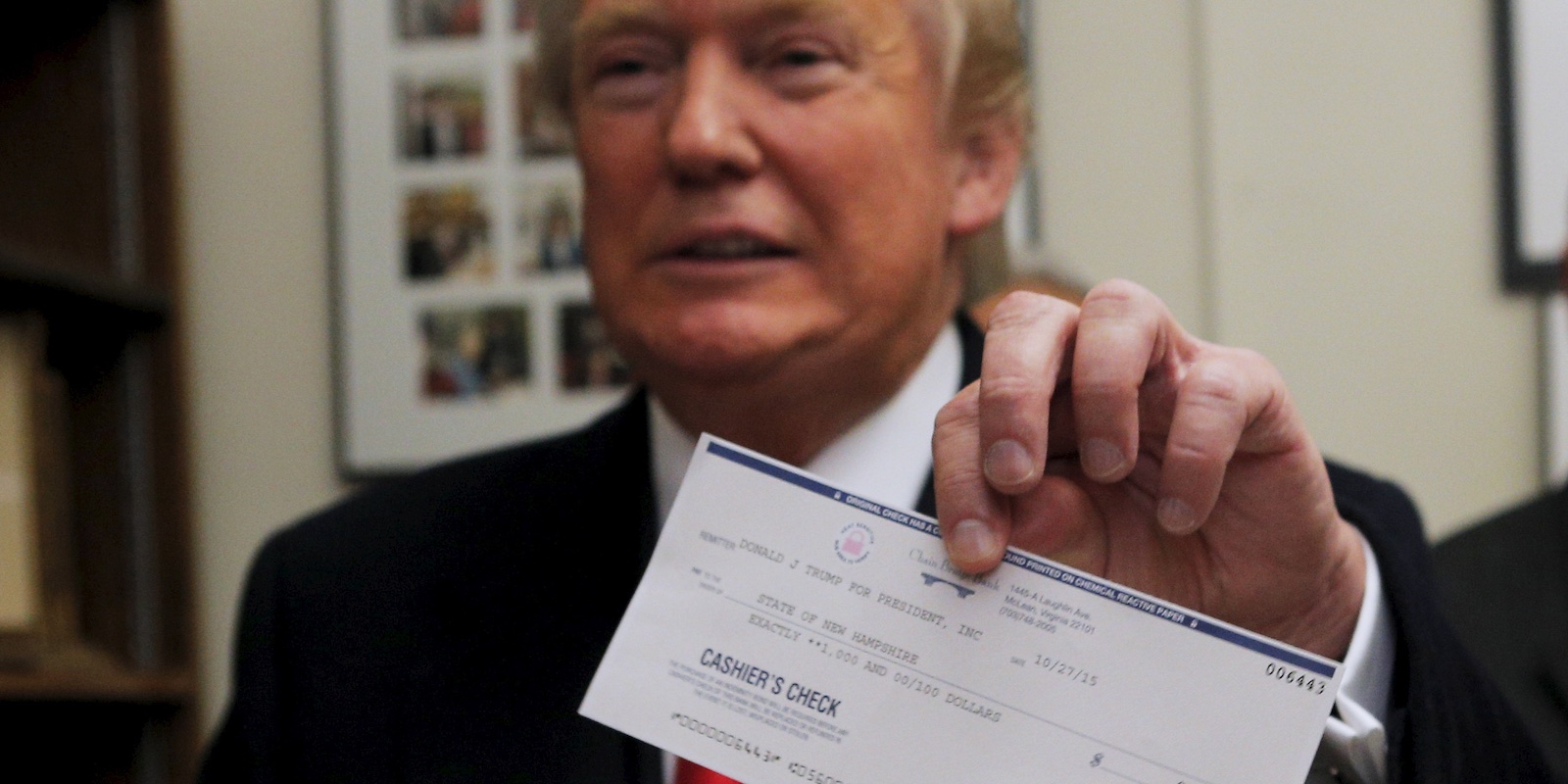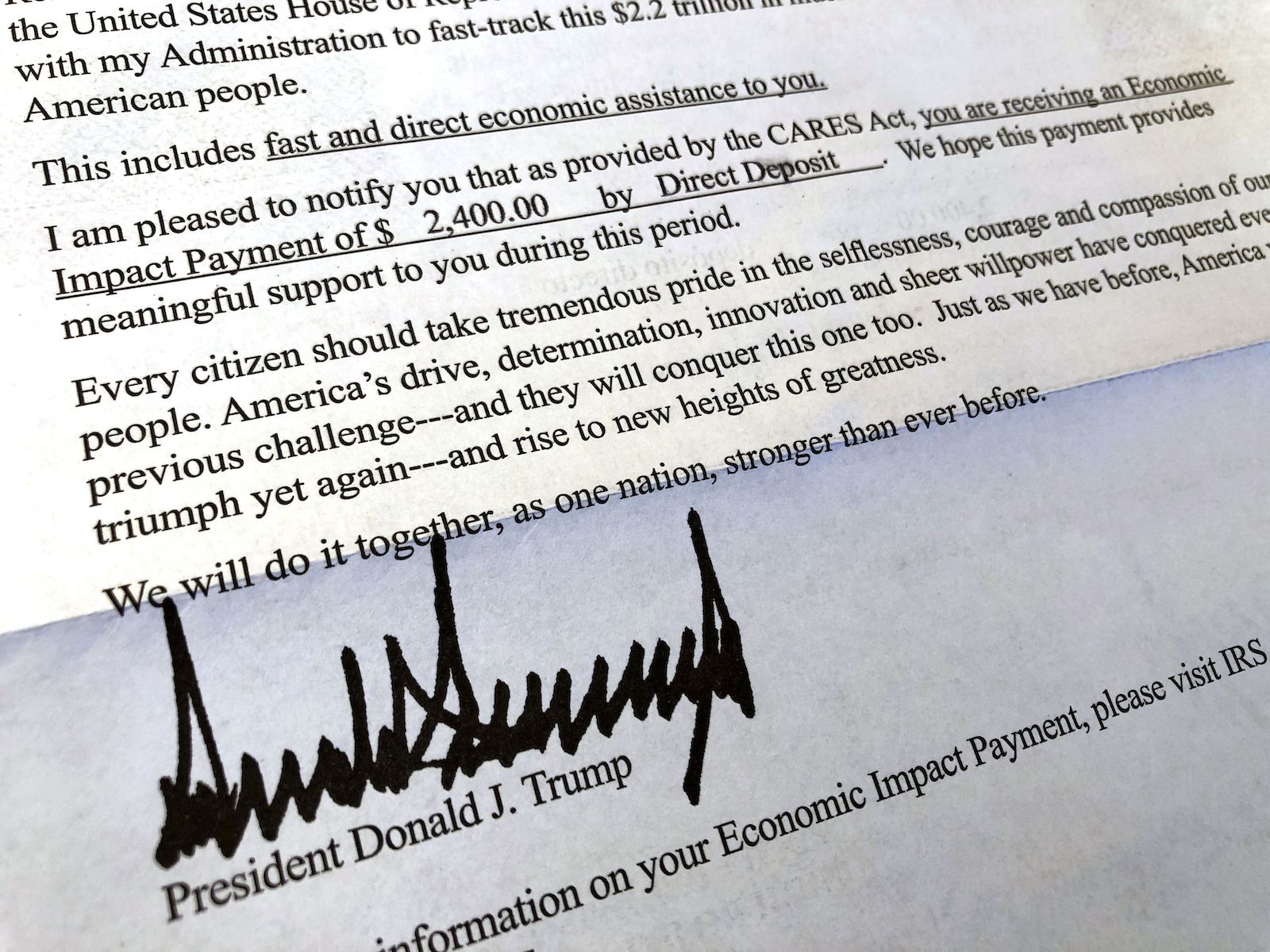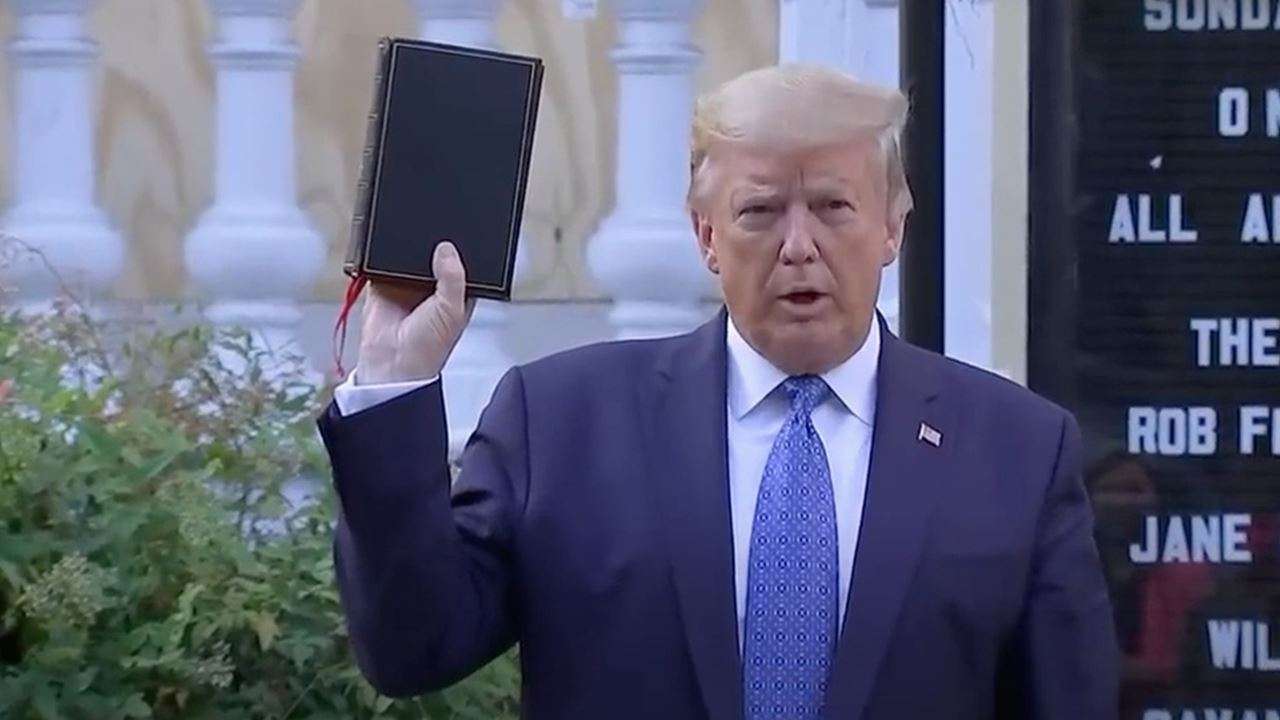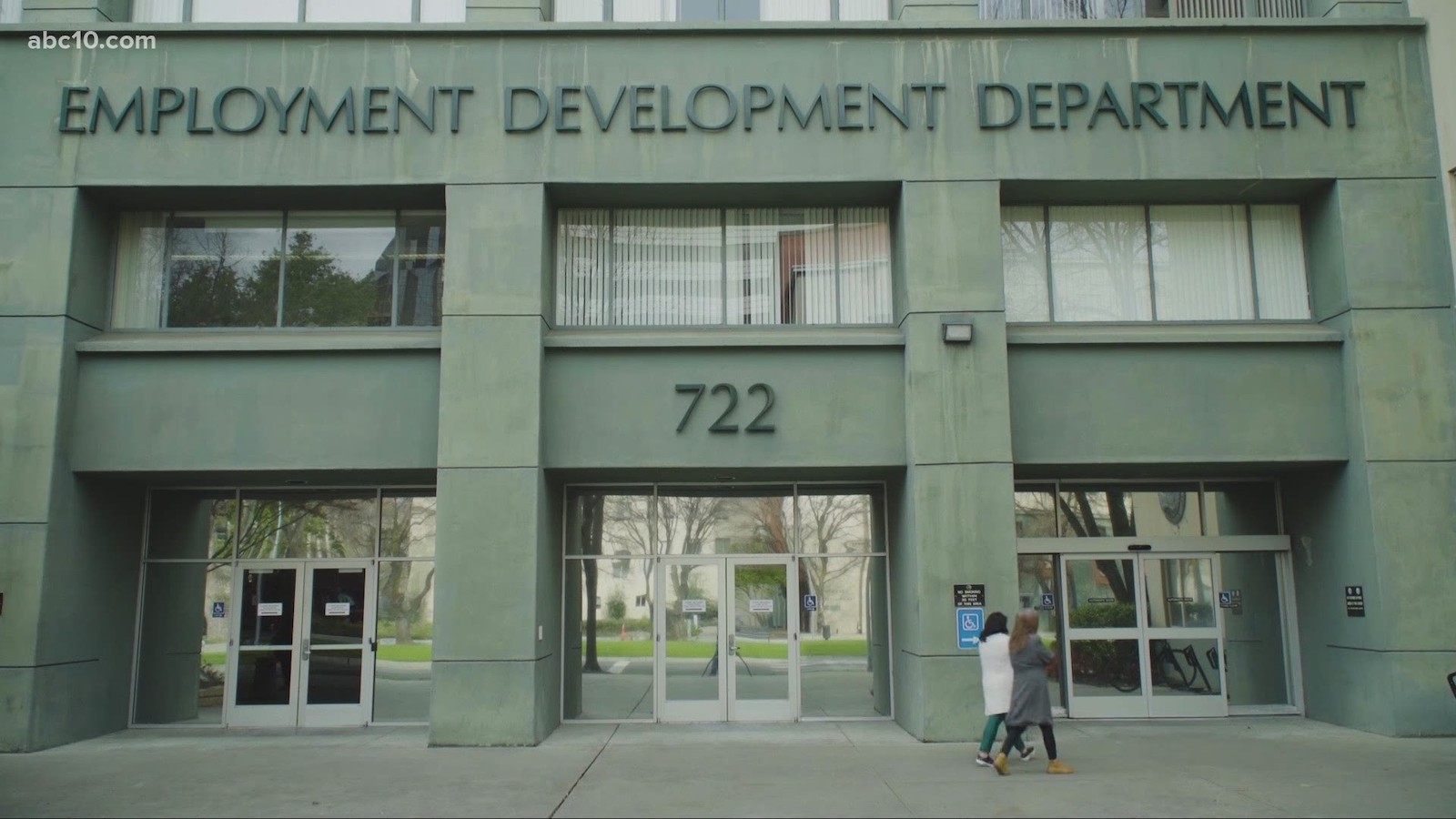
After Donald Trump signed the bill, how many stimulus checks do we get?
President Donald Trump signed a $900 billion coronavirus relief bill on Sunday, which averted a government shutdown that would’ve occurred if he didn’t sign it. The bill was passed early last week and awaited Trump’s approval.
Earlier this year, Americans received $1,200 stimulus checks because of the pandemic. Now that another stimulus bill was signed by Trump, Americans will be getting another check. However, just like with the last checks, not everyone will qualify to get one. There are also other changes with this new stimulus package.
One major change is that for millions of Americans, this new stimulus payment is worth half of what the previous one was. Trump said he wanted Congress to pass a stimulus bill so people could get $2,000 checks, but there isn’t a guarantee the larger amount will happen.

How many stimulus checks do we get?
Just like the last time stimulus checks were sent out, there will be one check for those who qualify. This is the second round of stimulus checks. The basics for who gets the next round of checks is once again based on information from 2019 tax returns.
$600 will go to individuals who made up to $75,000 in 2019. Couples who made up to $150,000 will receive $1,200 and $600 per child under the age of seventeen. Payments will be incremental and based on income. Individuals who made over $87,000 or couples who made more than $174,000 won’t get a check.

Who else doesn’t qualify for this next round of stimulus checks?
Whether someone is eligible for a stimulus check isn’t just based on income. During the first round of checks, people ages seventeen to twenty-four weren’t eligible if they were claimed as dependents. The same rule goes for the upcoming stimulus checks, making young adults one of the most prevalent groups of people who won’t be seeing the checks hit their bank accounts.
Some people will be eligible for the stimulus checks at a later date though. If you’re eligible with your 2020 tax returns because 2019 information no longer applies to you, you might be able to receive the check next year through a tax credit when you file your next return.
Although only one stimulus check will be sent out, the legislation also stipulates $300 in federal weekly unemployment payments for eleven weeks. So if you’re not eligible for the check, you could still get unemployment if it applies to you.

When will people get the stimulus checks?
Last week, Treasury Secretary Steve Mnuchin said the checks would be ready to be sent out just days after the bill was approved.
“We call them ‘checks in the mail,’ but most will be direct deposits,” said Mnuchin. “It will be within three weeks. We are determined to get money in people’s pockets immediately. So that will be within three weeks.”
There’s a deadline of Jan. 15 for stimulus payment distribution. People who have their direct deposit information set up with the IRS will be first in line. Those who didn’t set up their information with the IRS will get a paper check in the mail.

Will there be more stimulus checks?
Although the most recent stimulus package will only provide one check per person, it’s possible additional stimulus checks could be sent out in the future. Joe Biden is projected to take office next month, and he urged Congress to work on a COVID-19 plan in early 2021 in a statement:
“Immediately, starting in the new year, Congress will need to get to work on support for our COVID-19 plan, for support to struggling families, and investments in jobs and economic recovery. There will be no time to waste.”

Where can people learn more about the stimulus checks?
The stimulus package can be confusing, but there are resources out there to help figure out if you’re eligible, how to get the checks, how to get a tax credit, and more.
The IRS website is full of information & frequently asked questions regarding the economic impact payments, including a web page which goes through various rules.







